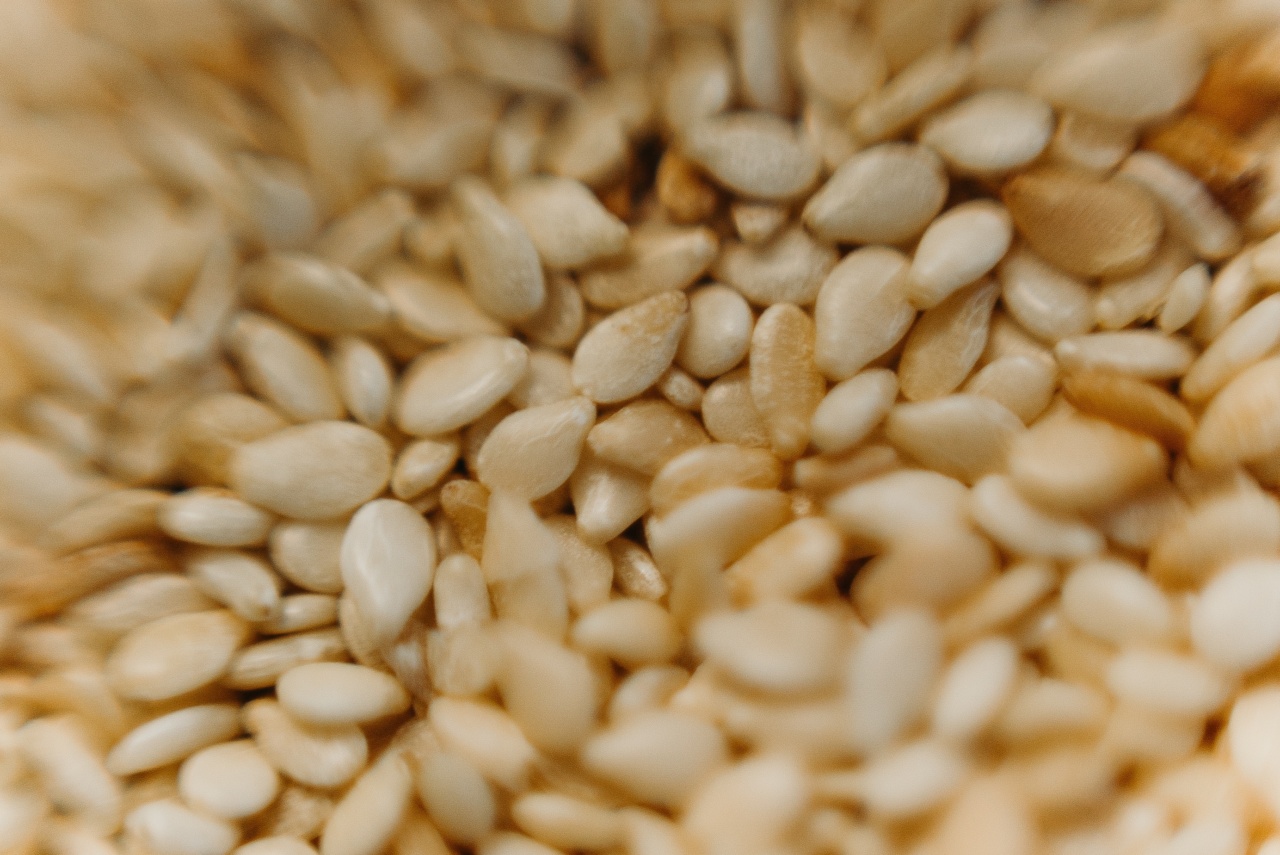Whole grains have always been an important part of our diets, providing us with nutrients and energy. These grains are rich in fiber, vitamins, minerals, and antioxidants.
They are also a great source of carbohydrates that our bodies need to function properly. However, in recent times, people have been turning towards processed foods, which are low in nutritional value.
This shift has resulted in the consumption of fewer whole grains, which is why we need to talk about why whole grains are essential for our health.
What are Whole Grains?
Whole grains are grains that have not been refined and processed to remove the bran and germ layers. The bran and germ contain most of the nutrients and fiber present in the grain.
When these outer layers are removed, the grain loses many of its nutritional properties.
Some of the common whole grains include:.
- Barley
- Brown rice
- Buckwheat
- Bulgur
- Millet
- Oats
- Quinoa
- Whole wheat
Why Should You Eat Whole Grains?
There are many reasons why whole grains are essential for your health. Here are some of the main reasons:.
1. They are a great source of fiber
Whole grains are an excellent source of fiber. Fiber is a type of carbohydrate that our bodies cannot digest. It moves through our digestive system undigested, helping to regulate our bowel movements and prevent constipation.
Fiber also helps to reduce our risk of developing heart disease, stroke, and diabetes.
2. They reduce your risk of heart disease
Studies have shown that people who eat more whole grains have a lower risk of heart disease. Eating whole grains can help to lower your cholesterol levels and reduce your risk of developing high blood pressure.
This is because whole grains contain plant compounds that help to protect the heart and blood vessels.
3. They can help you manage your weight
Whole grains are high in fiber, which can help you feel full and satisfied for longer periods. This can help you to manage your weight and reduce your overall calorie intake.
Whole grains can also help to reduce your cravings for processed foods, which are often high in calories and low in nutrients.
4. They can help to prevent cancer
Studies have also shown that whole grains may help to prevent certain types of cancer. Whole grains are rich in antioxidants, which can help to reduce inflammation and oxidative stress in the body.
These two factors are thought to play a role in the development of cancer.
5. They are rich in nutrients
Whole grains are a great source of nutrients, including B vitamins, iron, magnesium, and selenium. These nutrients are essential for many bodily functions, including energy production, immune system function, and cell growth and repair.
6. They can improve your digestion
Eating whole grains can help to improve your digestion and reduce your risk of developing digestive problems, such as constipation and hemorrhoids.
The fiber in whole grains helps to bulk up your stools and move them through your digestive system more easily.
7. They can help to regulate your blood sugar
Whole grains are a great source of complex carbohydrates, which are broken down slowly by your body. This slow digestion can help to regulate your blood sugar levels and prevent spikes and crashes.
This is important for people with diabetes, as it can help to control their blood sugar and reduce their risk of complications.
How to Include Whole Grains in Your Diet
Here are some tips for including more whole grains in your diet:.
- Choose whole grain bread, pasta, rice, and cereal.
- Choose whole grain snacks, such as popcorn or whole grain crackers.
- Swap white flour for whole wheat flour in your recipes.
- Add whole grains to your salads, soups, and stews.
- Eat more whole grain snacks, such as popcorn or whole grain crackers.
Conclusion
Whole grains are an essential part of a healthy diet. They provide a wide range of nutrients, including fiber, vitamins, minerals, and antioxidants.
Eating whole grains can help to reduce your risk of developing heart disease, diabetes, cancer, and other chronic diseases. So, make sure to include more whole grains in your diet to reap all of their health benefits.






























